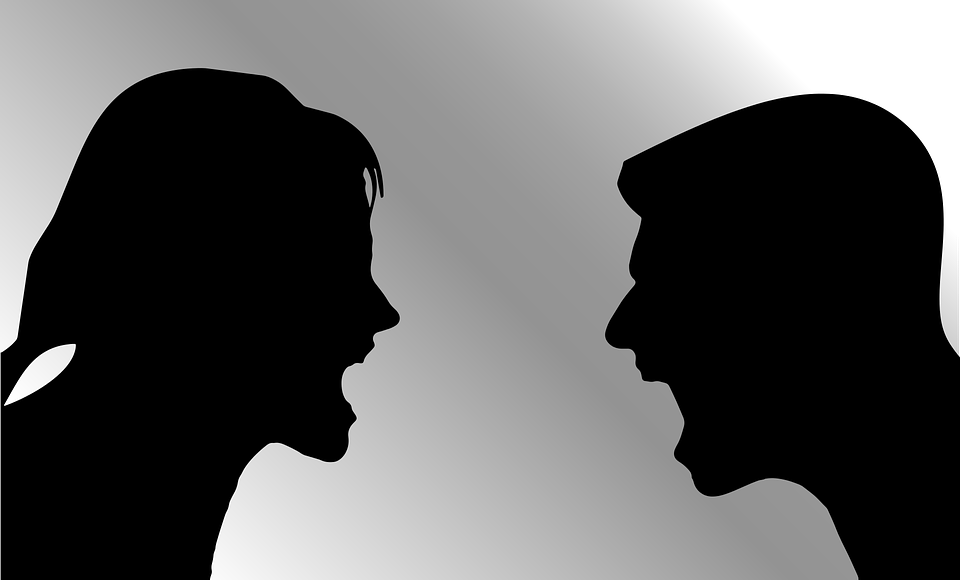Madison, we have a problem.
The night after the Orlando shooting, Stephen Colbert opened his show mourning the fact that we had rehearsed the aftermath of these tragedies so many times, we all knew the script. We already knew what the president would say. We knew what types of headlines we’d read in the papers. We knew the types of protests that would erupt. After the latest incident between a Madison police officer and a young African American woman, I found myself watching an eerily similar script play out in our Mad city.
We could predict what community leaders would gather, what activists would demand change while standing up for the accused, how the police would ask for caution as they investigated. Yet as I watched and read the responses to the police encounter, I had a troubling revelation. Our main tactic and vehicle for changing this terrible script was based on shaming each other into action.
Think about the last few weeks. The Common Council orders a review of the City Police, who in turn lambast the council for wasting of resources. Community activists, in turn, accuse the police of willful arrogance and oppression. Each side tries to shame the other into changing their ways.
But here’s the thing about shame: It rarely, if ever, changes a person’s heart. We may see a momentary backtrack, but it’s such a painful and destructive emotion that eventually we end up doubling down in pride, and then we refuse to change, we refuse to adapt, we refuse to move forward together. All sides dig in, build landmines and turrets around their perspectives, and no actual dialogue or progress happens.
We’ve been using shame as a weapon for a while now, so it’s probably time we ask how is that tactic working out for us? How is it working out in our country, in our city? Are we coming together or are we pulling farther apart? Is our community changing for the better?
Here’s the truth: we’re all a part of the problem — our police, our city government, our communities, our neighbors, our churches, ourselves. We’ve all, in Biblical terms, have missed the mark. The only way out of this mess is if we do it together. We each have to be held accountable for taking steps toward a more equitable Madison. We all need to encourage and challenge each other through dialogue and action. We need to celebrate victories together. It’s not only the best way forward, it’s the only way.
And if we refuse to change the script, it’s more than ‘just a shame,’ it’s unacceptable.




























